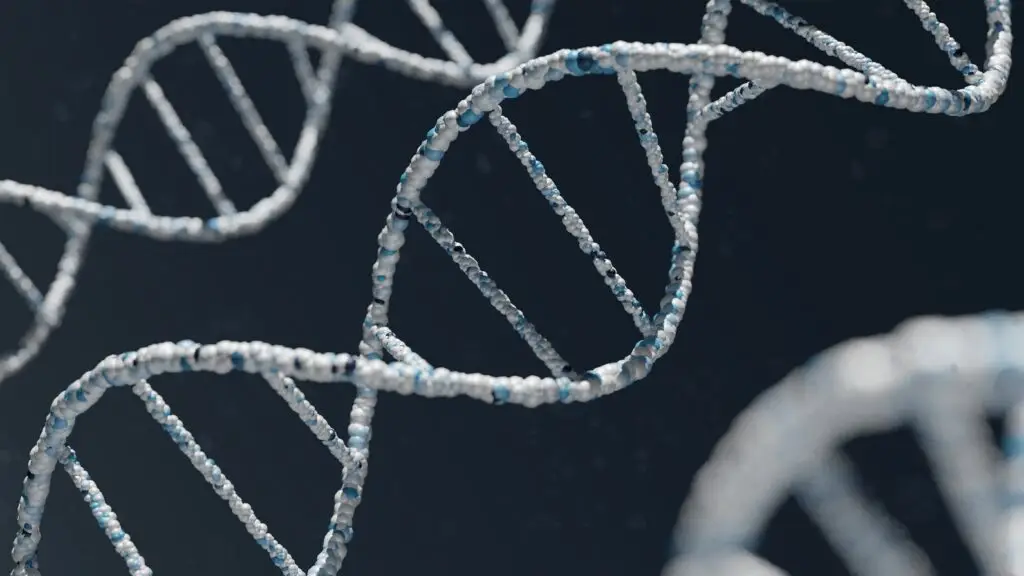What Is The Pancreas?
The pancreas is about 6 inches long and it is shaped like a flat pear. It is located in the abdomen, surrounded by the stomach, intestines, and other organs. The pancreas is a glandular organ made up of exocrine and endocrine cells. The pancreas has two (2) very important functions in the body:
- Exocrine Function – The exocrine cells in the pancreas produce digestive enzymes which are released into the duodenum through the pancreatic duct to help break down food including carbohydrates, proteins, and fats.
- Endocrine Function – The endocrine cells secrete insulin and glucagon, hormones that help regulate sugar levels in the bloodstream.
What Is Pancreatic Cancer?
Pancreatic cancer is a buildup of uncontrolled abnormal cells forming masses or tumors in the tissues of your pancreas. Compared with many other cancers, Pancreatic Cancer has the highest mortality rate across the world.
Different Types Of Pancreatic Cancer
There are many different types of tumors that can be found in the pancreas. Most types of pancreatic cancer start in the pancreas ducts while, less commonly, they develop in the islet cells.
- Exocrine Pancreatic Tumors – The most common type of pancreatic cancer is pancreatic adenocarcinoma (PDAC). It starts in the exocrine cells of the pancreatic ducts that produce digestive enzymes that help with digestion.
- Endocrine Pancreatic Tumors – The other less common type of pancreatic tumors are known as Pancreatic Neuroendocrine Tumors (NETs/PNETs) or islet cell tumors. This type of tumor is rare and affects the hormone making cells of the pancreas.
How Pancreatic Cancer Is Treated
There are different treatments for patients with pancreatic cancer, depending on several factors including the size and location of the tumor, type, stage and overall health of the patient. Treatment options include:
- Surgery – Surgical resection is generally the best option for patients with early stage pancreatic cancer that is localized. The type of surgery performed depends on where the tumor is located in the pancreas.
- Head – The operation is called Pancreatoduodenectomy or Whipple procedure.
- Tail and body (The spleen may also need to be removed) – The operation is called distal pancreatectomy.
- Entire pancreas – The operation is called total pancreatectomy.
- Nearby lymph nodes and blood vessels may also be removed as part of the operation.
- Chemotherapy – This treatment uses drugs, alone or in combination, to destroy cancer cells. Chemotherapy is given intravenously or through a vein. It can also be used to help alleviate pancreatic cancer symptoms, stop the growth of cancer cells and/or prevent them from multiplying.
- Radiation Therapy – High energy x-rays are used to kill the cancer cells and shrink tumors. Radiation Therapy can also be used with other treatments. Types of radiation therapy include:
- External Beam Radiation Therapy (EBRT) – External beams of radiation are directed into the cancerous areas in the body from a machine.
- Internal Radiation Therapy or Brachytherapy – Is given by placing seeds, ribbons or capsules inside the body near the tumor.
- Proton Beam Therapy – It is the type of radiation that uses protons instead of x-rays to destroy tumor cells.
- Chemoradiation Therapy – Sometimes depending on the stage of the pancreatic cancer, it is more effective when chemotherapy and radiation are given together.
- Targeted Therapy – It is a pancreatic cancer treatment that turns healthy cells into cancer cells. This helps understand the genetic mutation of a cancer cell and how to treat different mutations.
- Immunotherapy – It uses the body’s immune system to identify and destroy cancer cells.
How Common Is Pancreatic Cancer?
The American Cancer Society’s estimates for pancreatic cancer in the United States for 2022 are:
- About 62,210 people (32,970 men and 29,240 women) were diagnosed with pancreatic cancer.
- About 49,830 people (25,970 men and 23,860 women) died of pancreatic cancer.
Why Donate To Cancer Research?
Be a hero by donating today to pancreatic cancer research. Research and innovation are critical for creating breakthroughs that will improve the lives of pancreatic cancer patients.
TrovaNOW proceeds go towards collaborative research to detect pancreatic cancers earlier, saving thousands of lives from the world’s deadliest cancer. Learn more at http://trovanow.com




